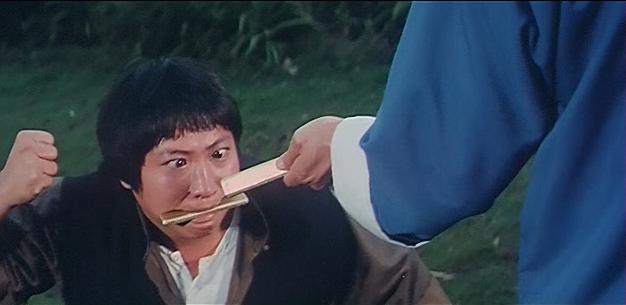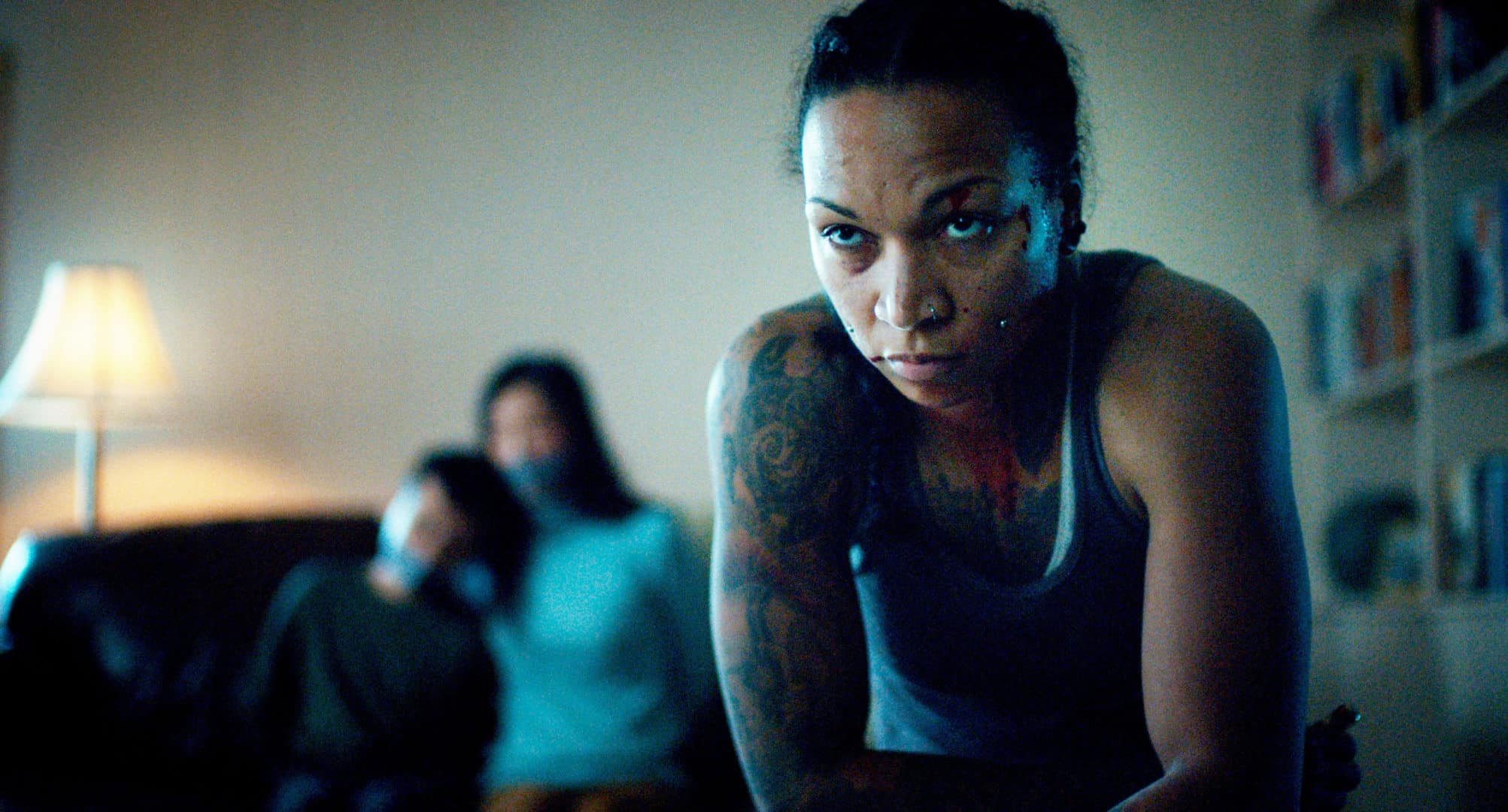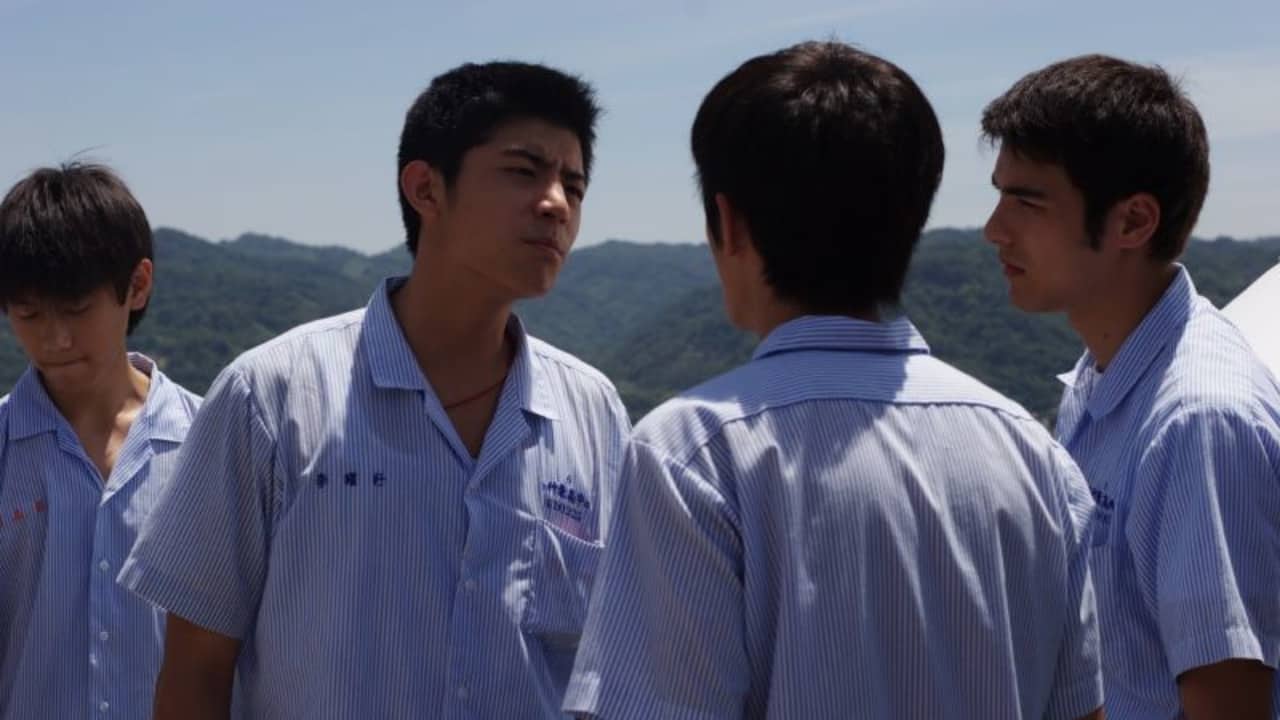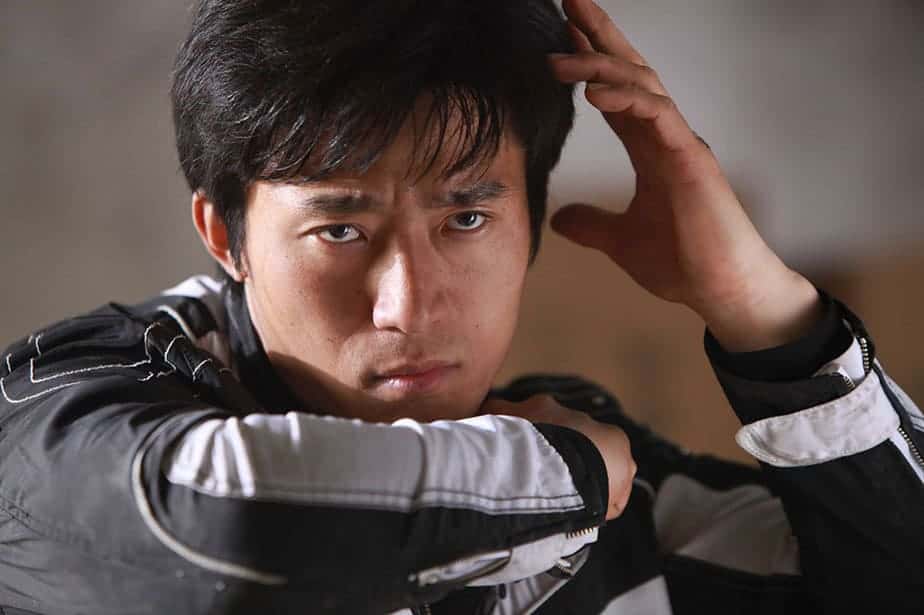Mahdi Asghari Azghadi was born in 1995 in Mashhad. He earned a bachelor's degree in film directing and a master's degree in cinema from the city's University of the Arts. He is also a member of the National Elite Foundation of Iran. He is writing his thesis on the theme of combining different genres in a single film. He is a well-known film professor in Iran and runs a prestigious film school in Tehran, the Clapp Film School. He writes and directs television films and programs. He is also the author of a novel Degh-Marg, which means Tragic Death. “Maria” is his first feature-length fiction film.
On the occasion of Maria screening at FICA Vesoul, we speak with him about the real story behind the movie, the women in the film, the bad impact of cinema, casting, the most difficult scene to shoot, the success of the film in Tokyo, and other topics
translation by Farshad Hashemi
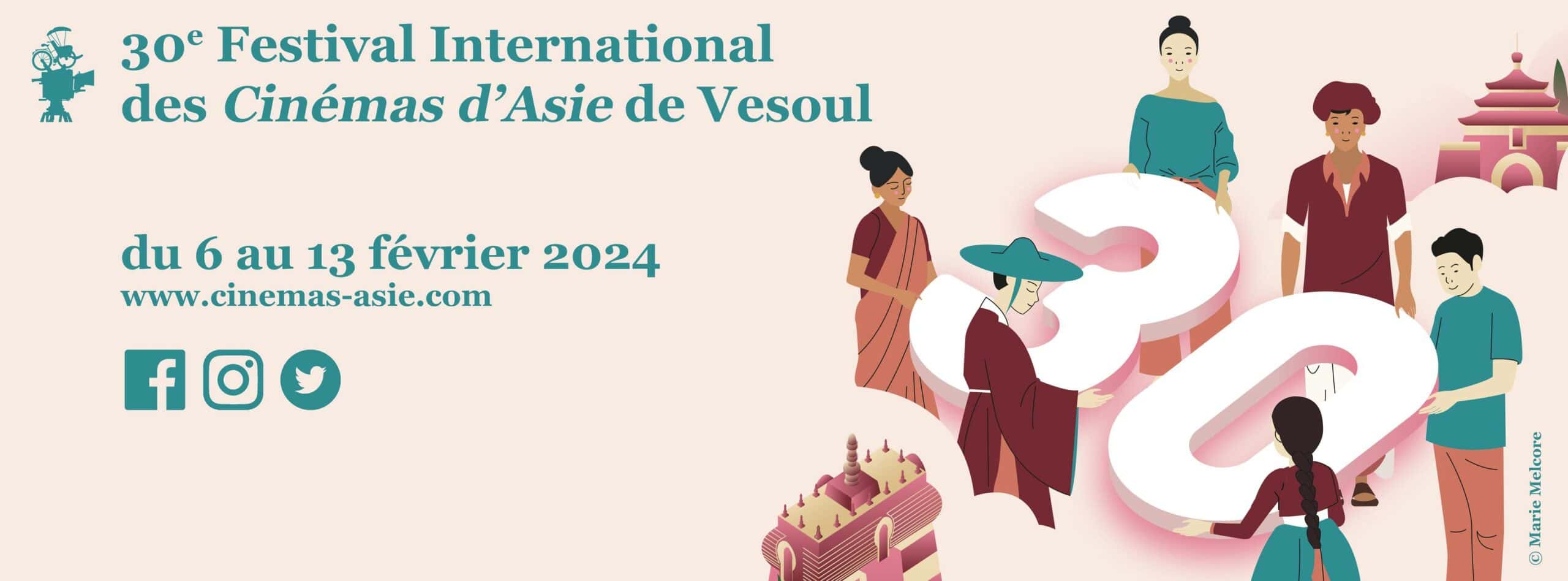
Can you give me some details regarding the actual story of the movie?
One of my friends was shooting a short movie and a girl came to them and told them she wanted to become an actress. She did this without asking her family first. She came and she acted in one short movie where she had the role of a prostitute. This movie was supposed to be screened in festivals around the world but not inside Iran. She was calm, she felt safe considering that no one in Iran could see the movie. But the movie was leaked on the web and one of the members of her family saw it and told the rest of the family and the problems started from that moment on. The family were very introverted, they thought their honor was blemished, and they wanted to kill her. So, she escaped to Turkey and she told the people who made the movie that they had to escape also, otherwise her family would kill them too. That was the base of “Maria”
Tell me a bit about the women in the movie, they all seem very powerful.
Yes, they are all very powerful. Of course, they have their weaknesses but in general, they can manage themselves in a good way. This is also the reality of Iran now, the women are very powerful and they are fighting for their rights. For the characters of the women, I asked a lot of help from my wife (Elnaz Ebadolahi, who was actually present during the interview) because as the editor of the film, she knew how to manage some colors and some scenes because she can better understand the feelings of women. Her impact on the movie was significant.
The director in the movie, is he actually in love with the girl who dies or is he just obsessed with finding out what happened?
From the way he looks for what happened, we can understand that there was something there, between the two of them, not really physical, but in terms of sentiment. At the same time, I wanted to leave it ambiguous for the audience to shape their own opinion about that relationship.
Usually in movies, cinema is presented as something that can make a positive change, but in your case, it is exactly the opposite. So I was wondering about this aspect of the film.
Cinema can change the lives of people. Naturally, though, cinema can not only do good, as we want, bad things can also happen due to cinema. At the same time though, we can love even the bad movies that have bad influence and the good movies that have bad influence. For example we can love a lover in a movie that is bad person
So, do you think that your movie will have a bad or a good influence?
Yesterday, there was one lady who saw the film and told me that my movie brought her back to the time when her husband was beating her. She was really sensitive and after watching the movie, she felt she had something in common with the girl in the film, and that made her a little warm inside. Of course, the story of this lady, who also told about how her husband took her children away, is not the same as the one of the movie but she had the same feelings as the movie. I think that any person who watches “Maria” can interpret them in their way. This is the best experience for me. Regarding how the viewer will perceive the movie, it depends on what has happened in their own life. I feel that most of the people will feel good after watching this movie
Can you give us some details regarding the casting?
We did some tests to choose most of them, but two of them are very famous, the cameraman who was driving the car all the time, Saber Abar and the old lady who plays the mother, Pantea Panahiha. Both of them helped so much regarding the budget of the movie.
Which would you say was the most difficult scene to shoot?
The scene where the protagonist grabs the two children and puts them in the car. That scene was very long and very very difficult to shoot. We had to communicate to the children how they should act, and there was rain, which we actually did with “SFX”, just spraying water (laughs).
How much did the movie cost?
Very little, around $100,000, you cannot actually make a movie in Iran with this kind of money. I didn't ask for the help of the government but I didn't want their support, because they repeatedly asked me to make a movie for them and promised a lot of money, but I do not want to collaborate with them, I want to continue being independent.
How is the situation of Iranian cinema at the moment?
Very difficult, very bad, but independent Iranian cinema still has a significant presence in all the big international film festivals. Independent filmmakers will never let Iranian cinema be destroyed, otherwise it would have already been destroyed. I feel that we always improve, every year, even in these conditions. At the same time, the movies which are funded by the government are not good movies, because the good directors do not accept the funding. Even though Iranian people cannot watch independent movies, this cinema still progresses. Of course, eventually they watch them on the internet. For example there was a movie this year people saw on the web, “Subtraction” by Mani Haghighi. People loved this movie, as did I, and this shows that Iranian people understand cinema.
Are there plans for this movie to screen in Iran?
We will try but it is not clear exactly what will happen
Tell me a bit about Tokyo, did you expect the film would win an award?
I was expecting even more than this (everyone laughs)
(At this point his wife says he is a narcissist and everyone is laughing again.)
Any new movies you are working on?
I have been working on one story for two years and I just finished. It will be another genre, a touching movie and some good characteristics of Iranian cinema will be included



